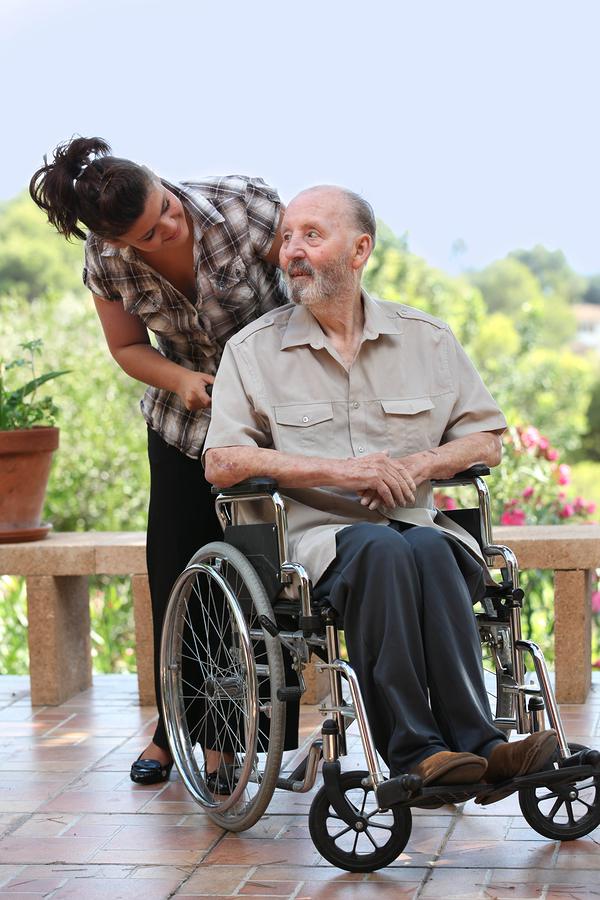Anti-Malaria Medicines Useful in Treating Parkinson’s Disease

Home Care in Culver City CA
The Parkinson’s Disease Foundation notes that about ten million people worldwide, including one million Americans, have Parkinson’s disease. Each year in the USA, approximately 60,000 new  cases occur.
cases occur.
What is Parkinson’s disease?
Parkinson’s is a neurological disease that typically shows up after middle age. The disease interrupts the natural efforts of the brain to produce dopamine, which is necessary for movement and bodily control. With Parkinson’s disease, the cells that make dopamine slowly diminish and do not regenerate when they die. The disease progresses as people get older, often making walking, communicating, and taking care of personal needs very difficult.
Parkinson’s disease is more common in men than in women, and it is also more frequently found in those over the age of 65 years-old. However about 4% of people have early onset of the disease before the age of fifty. Those with Parkinson’s disease have a shakiness that makes it difficult to do some things that require a steady hand. Home care providers can work with those who have Parkinson’s disease to help prepare meals and assist with personal care needs.
Promising Research Developments
Medical News Today reports that there are no current treatments for Parkinson’s disease that are able to prevent the onset, slow the progress, or cure the disease. However, recent research working with two anti-malaria drugs shows tremendous promise for use in the treatment of Parkinson’s disease.
Researchers screened over one thousand drugs that are already FDA-approved looking for anything that could help patients with Parkinson’s disease. The one goal was to find a drug that would bind with the receptor called Nurr1 as a way to protect brain cells that produce dopamine. Two drugs the researchers found that could bind with the Nurr1 receptor are amodiaquine and chloroquine.
The drugs, normally used to treat malaria, increase the protective properties of the Nurr1 receptor to help the brain cells responsible for making dopamine to survive. Clinical trials are underway to determine the beneficial effects of amodiaquine and chloroquine in treating Parkinson’s disease.
Because these two drugs already are FDA-approved, getting approval for use in a different treatment protocol is fairly easy. Doctors are already free to prescribe these drugs if they feel patients will benefit.
Other news comes from research at Bath University in the UK, where scientists found a peptide that may slow the progression of Parkinson’s disease. The researchers constructed a peptide from a chain of ten amino acids. It binds to the receptor called, α-synuclein. The effect is to prevent fibrils from “stacking” on the cell. Fibrils are responsible for the death of brain cells that produce dopamine.
If you or an aging loved one needs home care services in Culver City, CA, call Livewell Private Care at (310) 933-4986. Servicing Los Angeles, CA and the surrounding areas.
Source
Parkinson’s Disease Overview
http://www.parkinson.org/parkinson-s-disease.aspx
Parkinson’s disease may be treatable with antimalaria drugs
http://www.medicalnewstoday.com/articles/296919.php
Peptide developed that may slow Parkinson’s disease
http://www.medicalnewstoday.com/articles/289979.php
